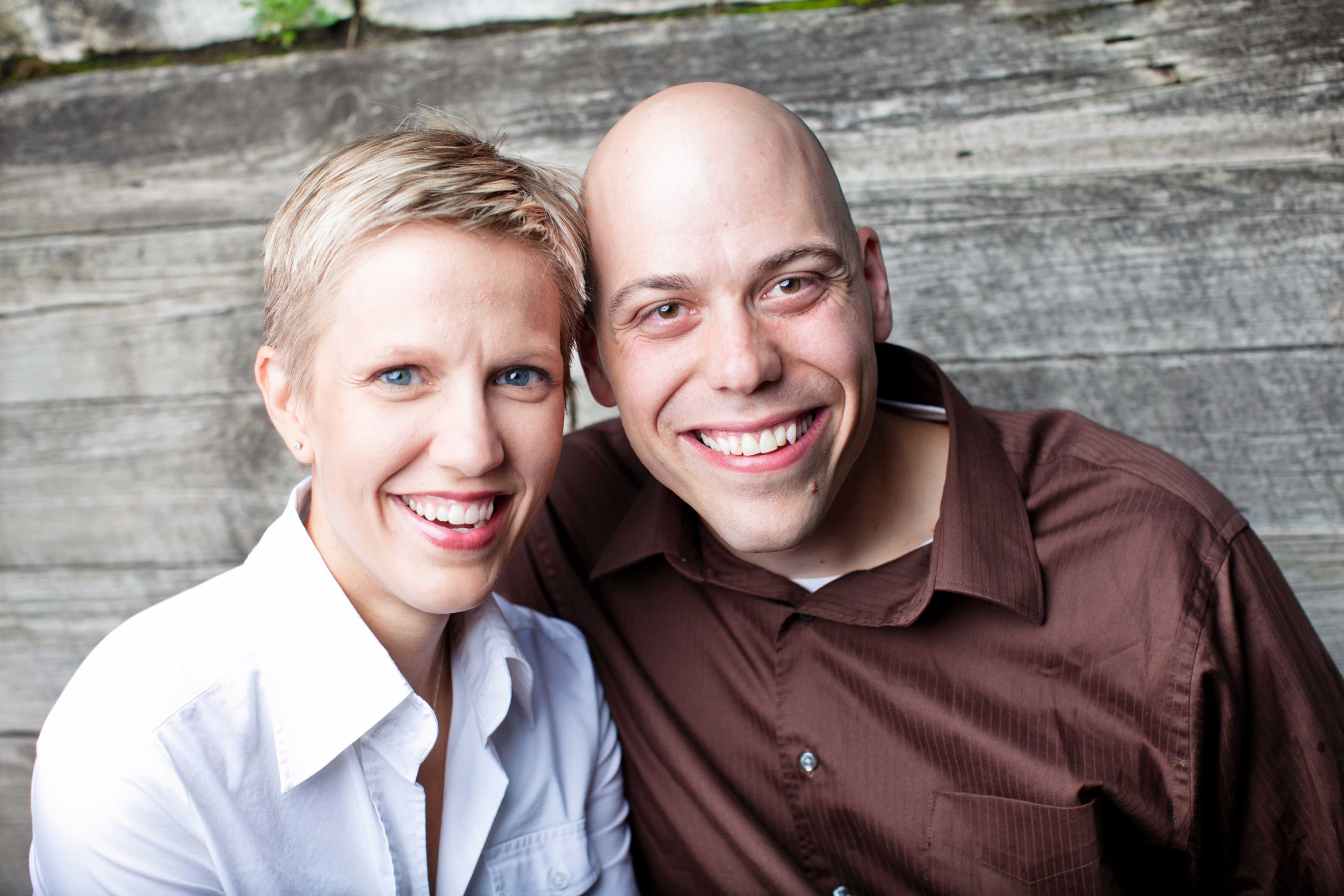 MINNEAPOLIS, Minn. — A federal judge in Minnesota has dismissed a preemptive lawsuit filed by a filmmaking couple who are concerned that state law mandates them to create films in support of same-sex “marriage” if they also produce videos that reflect their Christian beliefs about marriage.
MINNEAPOLIS, Minn. — A federal judge in Minnesota has dismissed a preemptive lawsuit filed by a filmmaking couple who are concerned that state law mandates them to create films in support of same-sex “marriage” if they also produce videos that reflect their Christian beliefs about marriage.
Chief U.S. District Judge John Tunheim, appointed to the bench by then-President Bill Clinton, ruled on Wednesday that Carl and Angel Larsen of the Telescope Media Group cannot turn away video requests by homosexuals as per the Minnesota Human Rights Act (MHRA). He also concluded that the law itself is not unconstitutional.
Tunheim said that he does not consider wedding footage as being the expressive speech of the videographer, and that the Larsens are welcome to post a disclaimer on their website that they personally do not support same-sex nuptials.
“[S]peech-for-hire is commonly understood to reflect the views of the customer,” he wrote. “Weddings are expressive events showcasing the messages and preferences of the people getting married and attendees, who do things like speak, dress, and decorate in certain ways.”
“A video of a wedding depicts this expressive event, and while videographers may exercise creative license to fashion such a video, the videographer is a ‘conduit’ for communication of the speech and expression taking place at the wedding,” Tunheim continued. “Thus, when a person views a wedding video, there is little danger that they would naturally attribute the video’s messages to the videographer.”
He also asserted that while the Larsens cannot turn down recording same-sex events, they still have control over which messages they release to the public as they do not have to post the video footage online.
“[A] major concern in the compelled speech cases is the notion that if a speaker is required to host the message of another, this will inhibit the speaker’s ability to communicate his or her own preferred message,” Tunheim wrote.
“The Larsens’ planned wedding video business does not raise this concern,” he concluded, “as the MHRA would leave the Larsens free to only publicize videos of opposite-sex weddings and to affirmatively communicate their views to the public in any manner they prefer.”
As previously reported, the Larsens, who have produced videos for a number of prominent evangelical ministries, filed the preemptive suit in December as they would like to tell stories with their filmmaking skills to “impact religious, social, and cultural views about marriage by creating compelling stories celebrating God’s design for the institution.”
Their desired films will capture actual footage of weddings and will be used both as keepsakes for the couples and to reach global audiences.
However, the Minnesota Department of Human Rights has outlined that businesses, religious or not, can’t decline services related to homosexuality. Because of how the law is interpreted, the Larsens are concerned that they will be required to also produce films featuring same-sex ceremonies if they create professional videos on marriage in general.
“The law does not exempt individuals, businesses, nonprofits, or the secular business activities of religious entities from non-discrimination laws based on religious beliefs regarding same-sex marriage,” the department outlines on its website. “Therefore, a business that provides wedding services such as cake decorating, wedding planning or catering services may not deny services to a same-sex couple based on their sexual orientation.”
The department reportedly sends out “testers” in cases where a complaint has been issued, who pose as someone wanting the service.
Alliance Defending Freedom (ADF), the religious liberties organization that represented the Larsens in court, says that it is disappointed that Tunheim found the law and its interpretation to be constitutional, and plans to appeal the ruling to the Eighth Circuit Court of Appeals.
“Tolerance is a two-way street. Creative professionals who engage in the expression of ideas shouldn’t be threatened with fines and jail simply for having a particular point of view about marriage that the government may not favor,” ADF Senior Counsel Jeremy Tedesco said in a statement. “Public officials can’t censor filmmakers or demand that they tell stories in film that violate their deepest convictions.”
Become a Christian News Network Supporter...


